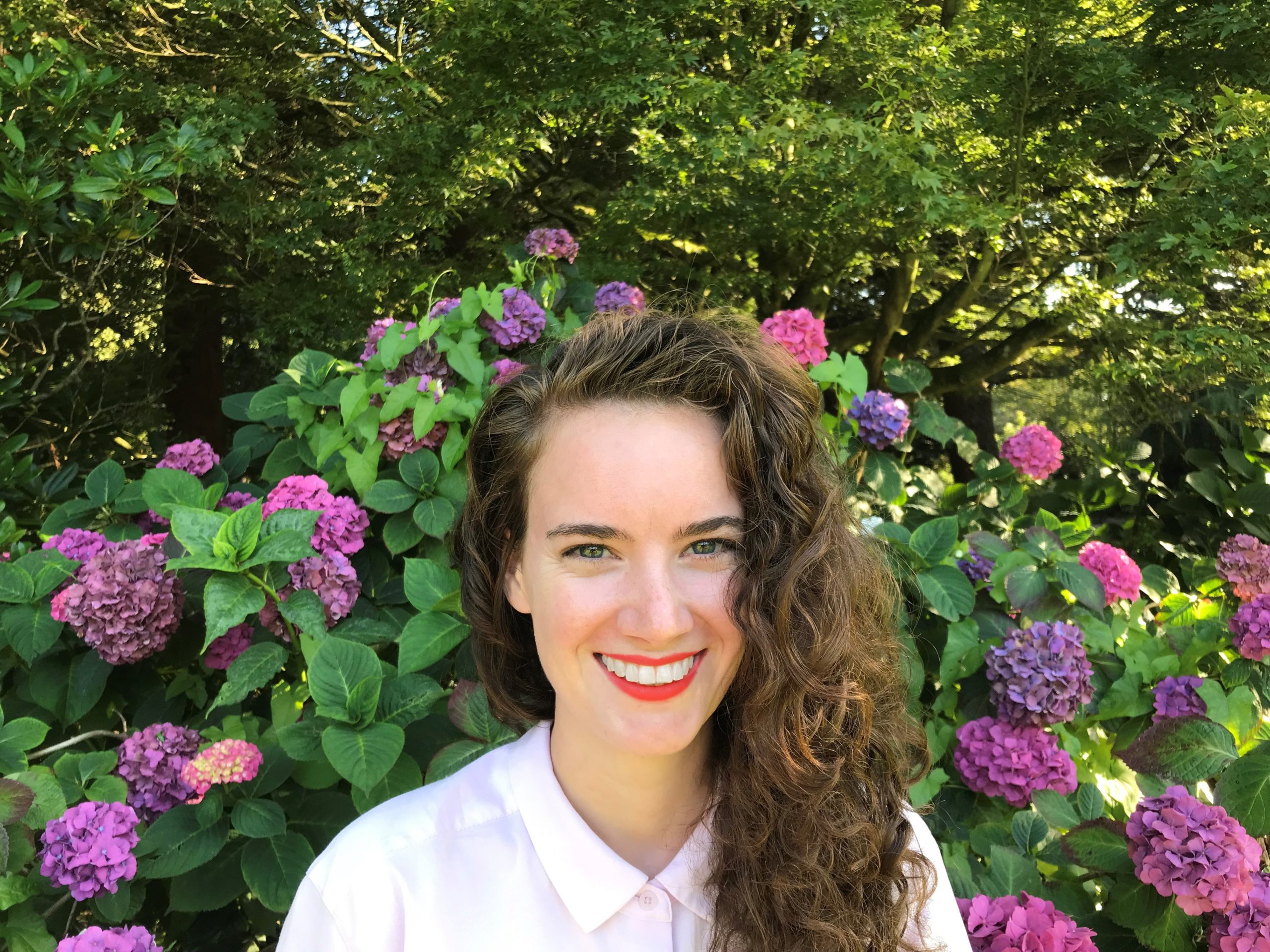
“Transforming Waste into Wealth: The Political Economy of Alcohol in the Leeward Islands, 1670-1737”
February 22, 2022, 6:30 pm - 8:00 pm EST
OI Colloquium with Lila O’Leary Chambers
Alcohol played a crucial role in supporting the Leeward Islands’ transition from a “society with slaves” to an entrenched “slave society” across the early eighteenth century. Rather than acting solely as a signifier of planter excess, this chapter reveals that white settlers and enslaved and free African and African-descended peoples incorporated it in complex structures of economy and political culture. Colonial officials relied on alcohol to fund fortifications, pay salaries, and provide the colonies’ only ready money. Within the plantation, enslaved women and men labored to produce the rum that kept their enslavers’ finances and labor forces afloat. They nonetheless refused to be fully subsumed within the economic logics of their enslavers. Enslaved people, forced to produce rum, used alcohol to momentarily reject their commodified status, engaging in an illicit economy of alcohol sales, as well as shared consumption in order to form bonds of sociality and political affiliation essential to (re)forming community under slavery.
Lila O’Leary Chambers is currently a research fellow with the AHRC-funded project the Legacies of the British Slave Trade at University College London. Previously, she was a postdoctoral associate with the Atlantic Slavery and its Afterlives Program at New York University. Dr. Chambers specializes in the history of slavery, consumption, and empire in the early modern Atlantic World. Her book manuscript, Liquid Capital: Alcohol and the Rise of Slavery in the British Atlantic moves through Ireland, West Africa, the slaving ship, the Caribbean, and the Native Southeast to argue for the diplomatic, social, and economic importance of alcohol to the growth of a British empire premised in Indigenous dispossession and chattel slavery. Her work has been generously supported by the McNeil Center of Early American Studies, the Huntington Library, and the Folger Library, among others.
ABOUT OI COLLOQUIA
The OI’s Colloquium Series is an ongoing seminar for scholars to present their work in progress for graduate students and colleagues. Advanced registration is required. All participants read the pre-circulated paper and prepare to engage in generous and generative feedback.
When we meet in person we are limited by the size of the OI’s conference room; online we limit registration to 40 (a typical size for the colloquium). No recordings are made of the discussions and no tweeting or posting on other social media platforms during the event is permitted in order to encourage this intellectual community of trusted exchange.
COPIES OF THE COLLOQUIUM PAPER ARE AVAILABLE ONE WEEK IN ADVANCE.
Contact Beverly Smith for your copy.

